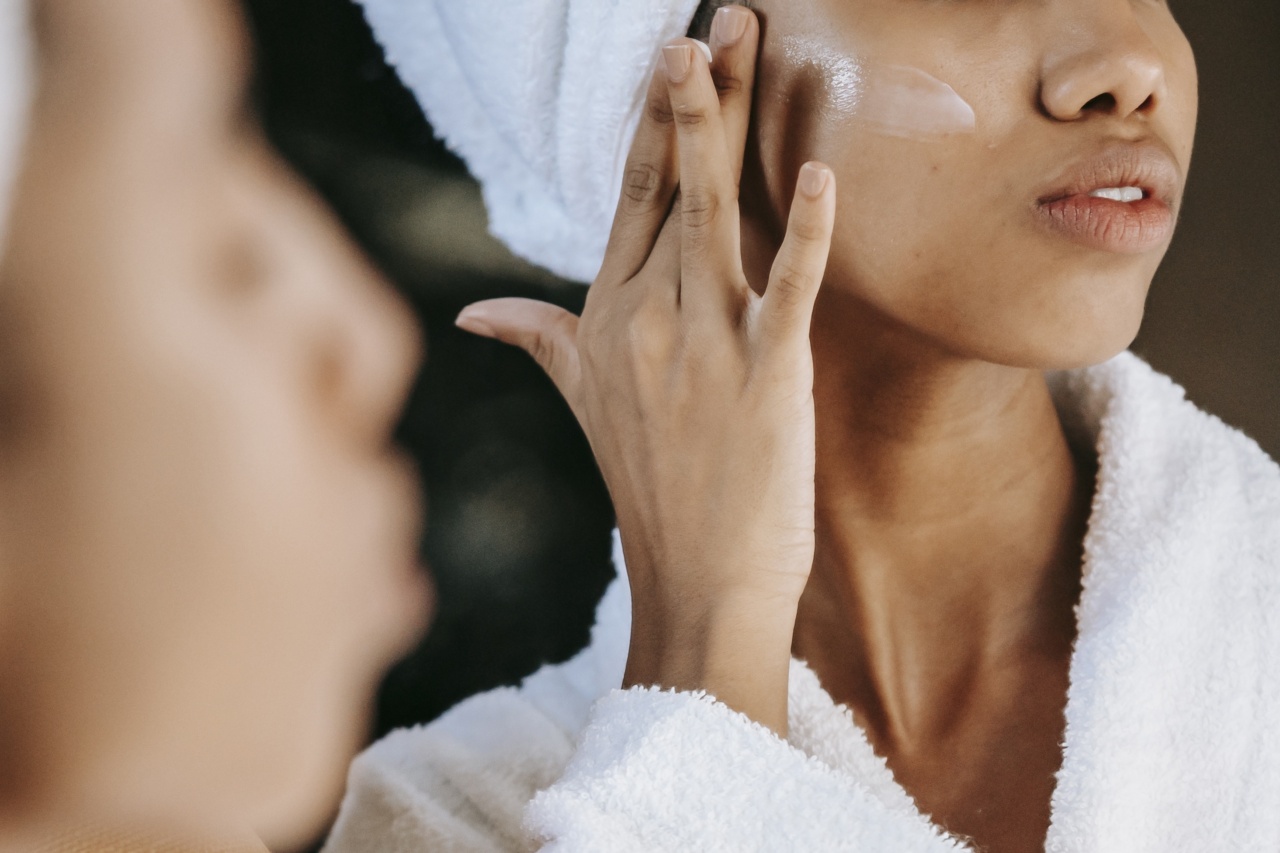It is common knowledge that the way we live our lives contribute to the overall condition of our skin. While genetics may play a role, daily habits and routines also have significant impact on the health of our skin.
From what we eat to how much we sleep, and even how we wash our face, many factors that surround our daily routine can make or break our complexion. It is therefore important to pay attention to our skin care routine and ensure that we are doing our best to take care of our skin to maintain its natural radiance and youthfulness.
1. Diet
The food we eat has a direct impact on our skin health. Eating nutritious food and making sure that we get enough vitamin C, E, and antioxidants can go a long way in keeping our skin healthy.
The lack of certain nutrients can cause our skin to be lackluster, dry or develop acne. Foods that are rich in protein, healthy fats, and vitamins will help benefit our skin in the long run. Conversely, a diet that is high in sugar, refined carbohydrates, and unhealthy fats can speed up the aging process and cause breakouts.
2. Sleep
A good night’s sleep is essential for our body and skin to recover and repair itself. Lack of sleep affects our hormone levels, which can result in skin problems such as acne, psoriasis, and eczema.
It can also cause our skin to look tired, dull, and dehydrated. When we sleep, our cells undergo regeneration and repair, which results in smoother, clearer skin in the morning. It is recommended to get at least 7-8 hours of sleep per day to maintain good skin health.
3. Water Intake
Drinking enough water is crucial to maintaining good skin health. It helps keep our skin hydrated, which reduces the appearance of wrinkles and fine lines.
Water also helps to flush out toxins from the body, which can cause breakouts and other skin problems. In addition to drinking water, eating foods that have high water content can also help keep our skin hydrated, such as cucumbers, watermelon, and strawberries.
4. Sun Protection
Exposure to sunlight can cause significant damage to our skin, such as sunburn, premature aging, and skin cancer. It is therefore important to protect our skin using sunscreen with a minimum SPF of 30.
Sunscreen should be applied generously and reapplied throughout the day, especially after swimming or sweating. Wearing protective clothing and staying in the shade during peak hours (between 10 am to 4 pm) can also help in preventing sun damage.
5. Exercise
Regular exercise is not only great for our overall health but also for our skin. Exercise is known to increase blood flow, which provides essential nutrients and oxygen to our skin cells.
It also promotes the production of collagen, which is responsible for maintaining skin elasticity and youthfulness. However, it is vital to shower and cleanse our skin after exercising since sweat can clog pores and cause breakouts.
6. Skincare Routine
A proper skincare routine is essential to maintain healthy, youthful-looking skin. Cleansing, moisturizing and using a serum with antioxidants can help protect our skin from external damage and keep it looking radiant.
A gentle cleanser should be used to remove makeup and dirt, followed by a moisturizer to keep our skin hydrated. It is also essential to exfoliate our skin regularly to remove dead skin cells and promote the growth of new, healthy skin cells.
7. Stress
Stress can cause our skin to feel dry and irritated, and can also cause breakouts and other skin ailments. When we are stressed, our body releases cortisol, a hormone that can lead to inflammation and acne.
It is therefore essential to incorporate stress-reducing activities such as yoga, meditation, or breathing exercises into our daily routine to keep our skin looking healthy and radiant.
8. Smoking & Alcohol
Smoking and alcohol consumption can have significant adverse effects on our skin health. Smoking can damage our skin by causing wrinkles and age spots. Moreover, it can cause our skin to lose its natural glow.
On the other hand, alcohol can dehydrate our skin and cause inflammation and redness. Both smoking and alcohol consumption can lead to the loss of skin elasticity and contribute to the aging process.
9. Environmental Factors
Environmental factors such as pollution and blue light from our electronic devices can also affect our skin health. Pollution can damage our skin by causing inflammation and reducing collagen production.
In addition, blue light can penetrate our skin and cause the breakdown of collagen, resulting in the development of wrinkles and fine lines. It is therefore vital to protect our skin from pollution using antioxidant-rich skincare products and limit our exposure to electronic devices by taking breaks from technology.
10. Genetics
Finally, genetics play a role in our skin health. Genes determine our skin type, which makes us prone to certain skin conditions.
Those with oily skin may be more susceptible to developing acne, while those with dry skin may experience more flakiness or itchiness. While we may not be able to control our genes, we can control our skin care routine and make the necessary adjustments to cater to our specific skin type.
Conclusion
Our daily routine plays a major role in the health of our skin. From what we eat to how we sleep and how we protect ourselves from the sun, it is essential to create a skincare routine that caters to our specific needs.
Taking simple steps such as drinking enough water, getting enough sleep, and incorporating exercise into our daily routine can go a long way in keeping our skin healthy and vibrant. By implementing these habits, we can maintain our natural radiance and youthfulness for years to come.































